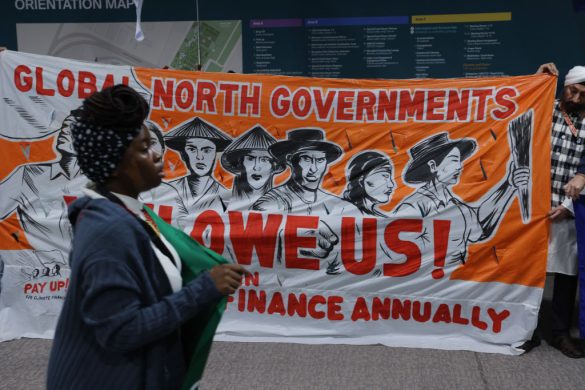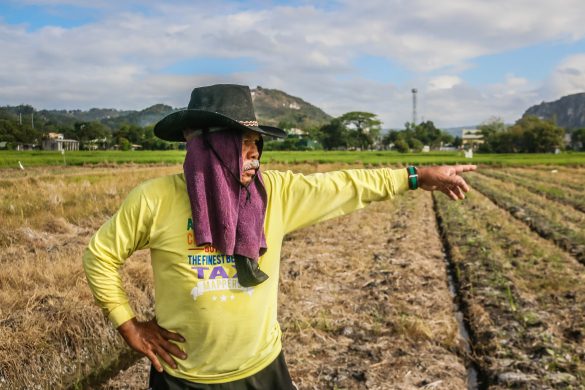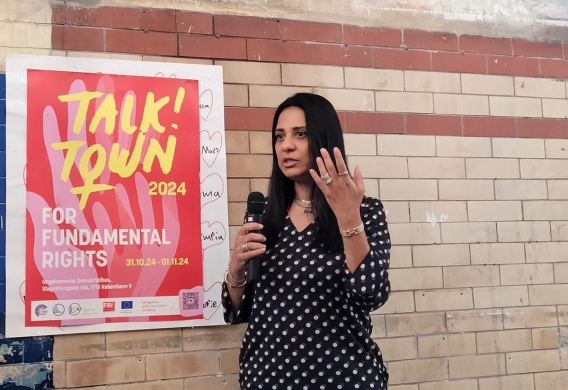India’s so-called Rapid Survey of Children meant, that almost 100,000 children were measured and weighed and more than 200,000 people interviewed across the country’s 29 states.
Leading development economist Jean Dreze describes the delay in publication as “an absolute scandal”.
“All the neighbouring countries including Bangladesh, Nepal, Sri Lanka, Bhutan, Pakistan and even Afghanistan have up to date nutritional surveys,” he says.
“Data helps us understand what is causing under-nutrition so that interventions can be focused in those areas.” explains Saba Mebrahtu, Unicef’s head of nutrition in India.
The BBC has got hold of a copy of the report, and looking at the overall figures, India’s reluctance to publish the survey is rather surprising.
It shows the country has an encouraging story to tell. Indicators of malnutrition are still very high, far higher than most African nations, but they are improving.
Ten years ago, more children under five were underweight than today.
However, the survey confirms large and enduring discrepancies (forskelle) between states, including the continuing strikingly poor performance of the Indian prime minister’s home state, Gujarat.
As chief minister, Narendra Modi ran the state for more than a decade. His general election campaign was based on the promise that he would do for India what he had done for Gujarat.
The survey shows that 41.8 per cent of children in Gujarat are stunted (under normalhøjde) while 43.8 per cent don’t have all the vaccinations they need.
The Indian government spends just 1 per cent of GDP on healthcare – one of the lowest figures in the world, BBC notes.














